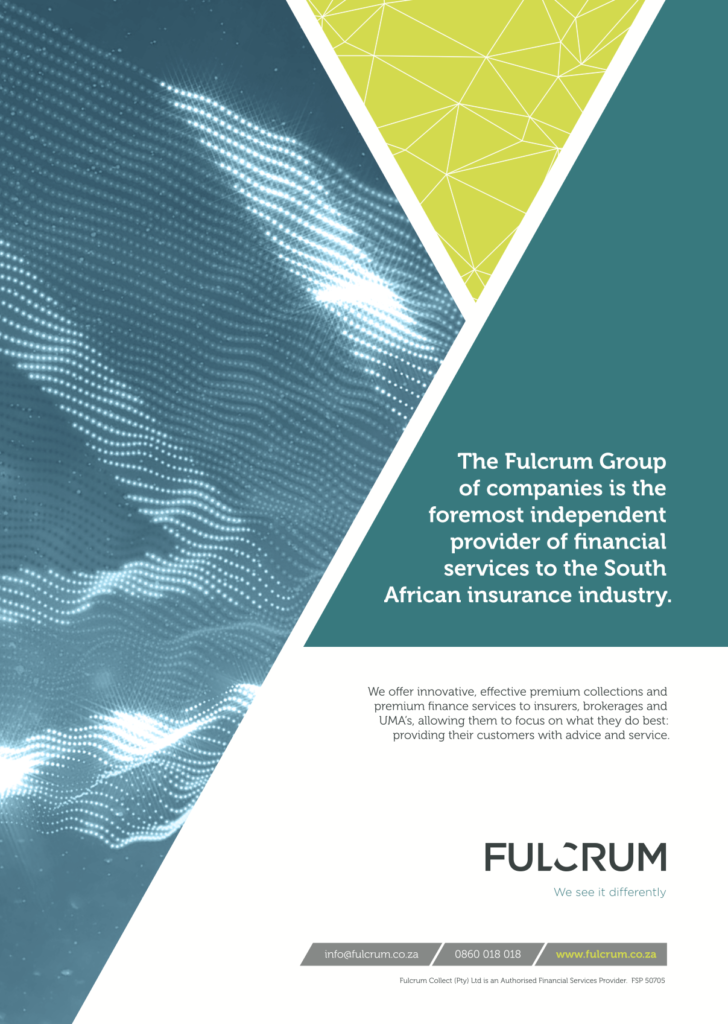
Sebastian Pillay, Product Portfolio Manager at FNB Wealth and Investments
On the surface, financial planning may seem like a trivial endeavour but in actual fact, it needs to be seen as a goal that one continuously invests in to see and reap the rewards in the future. In practice, this turns out to be one of the most difficult financial journeys most people embark on, fraught with uncertainty, emotional turmoil and if one isn’t careful, there is the notable risk of failing to meet one’s investment objective. Whilst clients or investors journey is bound to be bumpy, investment professionals and financial advisors have a crucial role to play in dampening the volatility of client or investor experience and ensuring the likelihood of meeting the client goal is maximised – both via investment and behavioural aspects.
Let’s unpack this financial journey in greater detail. The first thing we need to do is define success, a trickier task than one might imagine. Most people think of success as an outcome, an endpoint, or more generally a destination. Think of the kids in a car on a long car ride who constantly ask, “are we there yet?”. Success is more difficult to pin down as there are many key moments along a journey that contribute to the eventual outcome. Success in a financial journey is, therefore, more appropriately viewed as a series of decisions and events as opposed to a singular outcome. To be sure, arriving at one’s destination can be seen as success, but this destination may never have been reached without the careful attention, planning and appropriate responses of the driver to risks and obstacles along the journey.
Next thing we need to consider the concept of uncertainty. Human beings have a distinct preference for certainty, the comfort of “knowing” means we can go about our daily lives with a sense of ease. Financial markets, unfortunately, do not possess this desirable characteristic of certainty – especially in the short-term. To invest in financial markets, one needs to be prepared to look through the short-term gyrations and to think not in terms of certainty but rather in terms of uncertainty. For example, don’t think in a binary fashion as to whether interest rates will or won’t rise. Rather consider how likely interest rates are to rise, and how likely they are to stay the same or even decline. This provides a more balanced assessment and gives one a more holistic appreciation of likely future outcomes.
One thing is certain, money is emotional. People work tirelessly for many years to earn money, and it stands to reason that watching that money grow will bring delight and seeing the value of your money decline in value is likely to bring anguish. During market declines, clients respond to this anguish and often disinvest for the perceived safety of cash, and then reinvest once markets have recovered.
Unless one can time the market perfectly (close on impossible) this is invariably value destructive. The appropriate response is (interestingly enough) to do nothing, or more precisely to exercise patience and allow markets the necessary time to deliver. This of course assumes that the money isn’t needed for more immediate and pressing use during an economic downturn.
During these uncertainties, it’s important to ensure that clients are educated by helping them make well informed decisions along their investment journey. FNB has placed significant importance on the educational elements for clients and content has been created for all types of investors from detailed market analysis to the basic principles of investing. At the end of the day, we all have the responsibility to educate ourselves to make better investment decisions, so we achieve our long-term goals. Education is now at our fingertips, from simple financial courses, to podcasts, webinars, videos and unpacking of market events.


